Humans of Harker: Life encoded
Johnny Wang seeks improvement through computer science
“[I feel best] when I see something that I either created or patched is pushed online, and I can start seeing the results coming off of it, making something positive. Even though nobody’s directly benefiting, if I hadn’t patched it and someone else was using it for some sketchy stuff, people are going to either get their identity stolen or get their email hacked. It’s really just about creating a positive impact on the community, that’s all that matters,” Johnny Wang (12) said.
With his large, round glasses, slim frame and the intense, focused look in his eyes, it’s easy to imagine Johnny Wang (12) in a dark room, sitting at a desk and tapping away on his computer at 70 words per minute, lines of code scrolling down the screen, until the early hours of the morning.
Johnny’s interests lie within the realms of computer science and cybersecurity. Ever since he picked up a book on the basics of coding in third grade, he hasn’t stopped learning new skills and improving old ones. He’s taken jobs from different firms in the tech industry, mainly doing security research and finding security issues in systems. Johnny has continued his work in Harker, founding and running both Harker CTF, an annual cybersecurity competition at school, and HCrypt, the student developer organization that runs the voting system, college counseling attendance program, the parking lottery, HarkerAuth and more. He was inspired to create these organizations by a desire to improve his surroundings.
“I feel that [Harker] is a unique community and I want to be able to contribute to it. It’s not just for my own personal growth. It’s just that I want to give back to the community for something,” Johnny said.
After Johnny got to Harker in Sophomore year, it took only a few months to get CTF up and running, and the first competition happened in February. Johnny described the process of creating something for Harker.
“Either a campus department reaches out to us, or we reach out to a campus department, and we will initiate the initial understanding of the project’s scope, give an estimated time frame, and then work on it,” Johnny said. “Then we have an initial beta release, and we continuously iterate, and just try to improve the project in general.”
In the case of the voting system, members of HCrypt, including Johnny, contacted Honor Council Chair Anthony Silk, Kevin Williamson and IT, and offered to create an alternative to paper ballots that would be easier and more secure. Most of the time was spent on cryptographically securing each ballot, to prevent tampering with votes, and the project was basically finished within one and a half months.
“We tried to make the elections as fair a process as possible, even though we’re not publicized,” Johnny said. “Most people don’t even know we run the elections, we’re known for the freaking URL shortener. We don’t get any fancy titles or awards, we don’t even make any public appearances, but if you support a mission critical operation, even if you’re in the backstage, you feel like you’re doing something meaningful.”
In fact, each of the Hcrypt’s creation’s infrastructures are upgraded around once every six months, in order to make sure they are as good as possible. Johnny’s attitude towards his projects reflects into other aspects, especially his interactions with his friends.
“He’s kind of spontaneous, I think, there’s a part of him that really likes that,” Raymond Banke (12), who’s known Johnny since sophomore year, said. “Once before we were prepping for an APUSH paper, and we hopped around to different Starbucks before they closed because we had to get the paper done the night before, and even earlier into the next day. So I think that’s part of him. He’s really spontaneous and sociable, surprisingly, compared to what you would normally think. “
Johnny came to Harker in his sophomore year, after spending most of his life in China, where he had self-studied the basics of computer science and built up a reputation in the Chinese cybersecurity community. When he moved to the US, he had to start over and rebuild his reputation in this country.
“He had a lot of perseverance,” Cameron Jones (12), one of Johnny’s fellow advisees and fellow co-founder of HarkerCTF, said. “He’d stay up till the early morning hours working on bugs in code, trying to figure things out. That’s kind of a pretty admirable trait in my opinion.”
Johnny brings his attitude towards code into his life and his interactions with friends. Raymond recalled one of their most memorable interactions, which was during/on a trip to an aquarium store.
“[Johnny] has no interest in fish, not at all, but he drove me there and he really cared and kind of was interested in what I was doing, and I thought that was really kind of him, and he genuinely seemed interested — he seemed curious,” Raymond said.
Nemo Yang (12), who is also an international student from China, met Johnny through a host family. Johnny started living on his own near the start of his junior year.
“[When I first met Johnny] I thought he was pretty sketchy, honestly. He’s totally a Chinese spy,” Nemo said, laughing. “But I think that I [would] never [have] figured out that he’s such an energetic kid. Yes, Johnny dresses up like a CS kid, and he is a CS kid, but he’s not that person who’s going to do whatever other people say. He has his own thoughts, and he’s trying to be as loud as possible.”
And in the end, that’s what Johnny wants to do: change the world for the better.
“[I feel best] when I see something that I either created or patched is pushed online, and I can start seeing the results coming off of it, making something positive,” he said. “Even though nobody’s directly benefiting, if I hadn’t patched it and someone else was using it for some sketchy stuff, people are going to either get their identity stolen or get their email hacked. It’s really just about creating a positive impact on the community, that’s all that matters.”
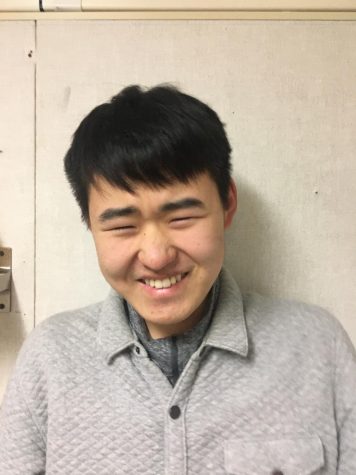
Jessie Wang (12) is the senior copy editor for the Winged Post and Harker Aquila. This is his fourth and final year on staff, and he hopes to continue...































![Setter Emma Lee (9) sets the ball to the middle during the match against Pinewood on Sept. 12. “[I’m looking forward to] getting more skilled, learning more about my position and also becoming better friends with all of my teammates, Emma said.](https://harkeraquila.com/wp-content/uploads/2023/09/DSC_4917-2-1200x795.jpg)













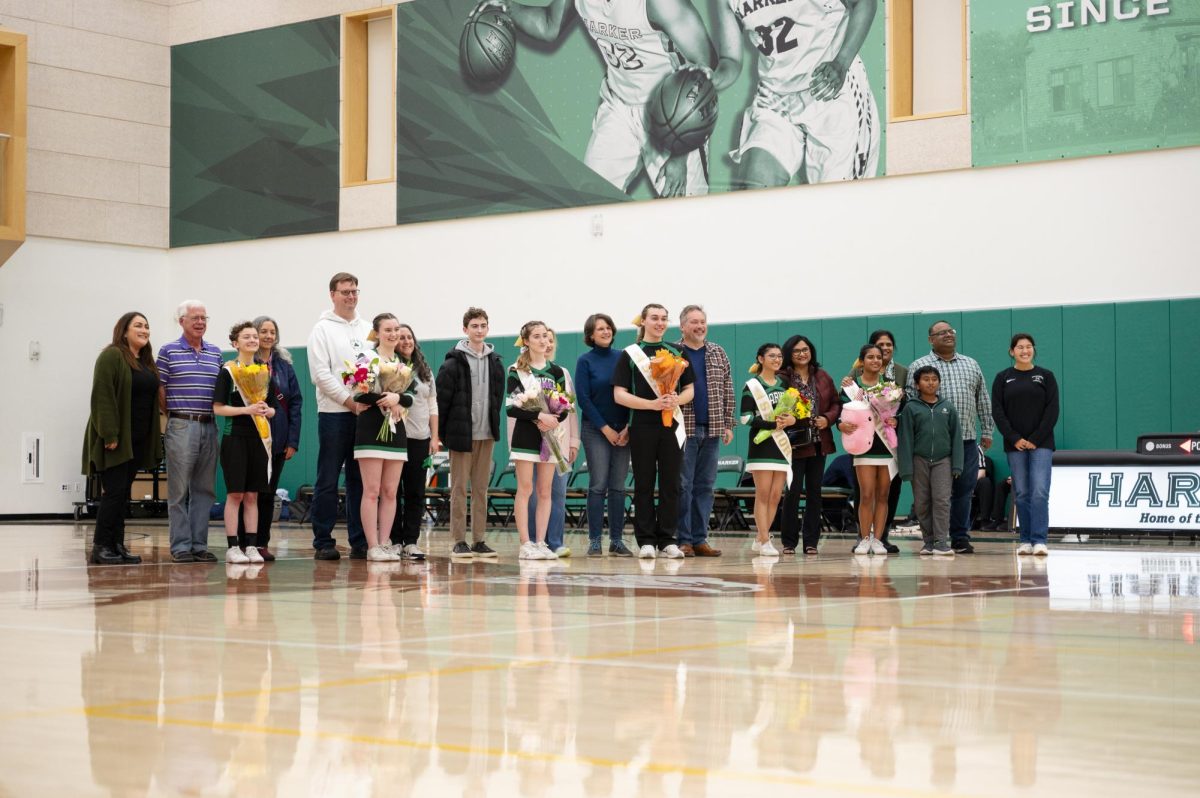





















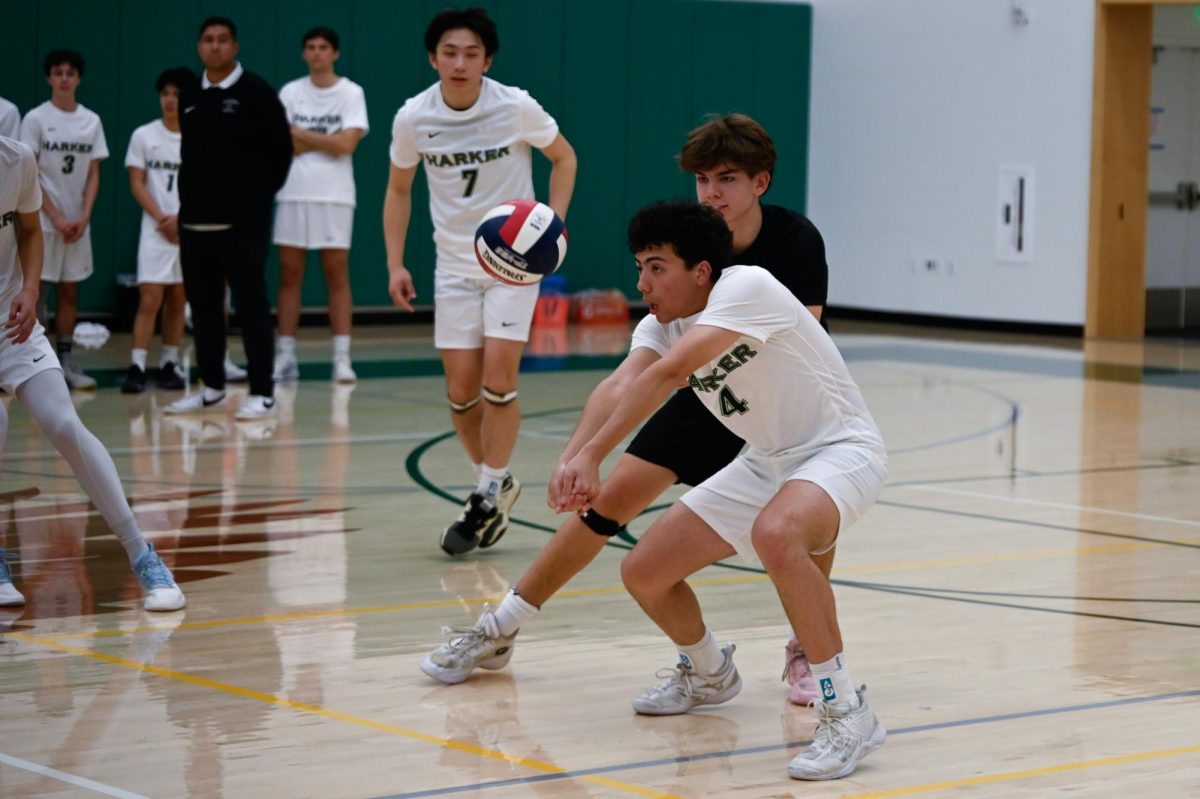





























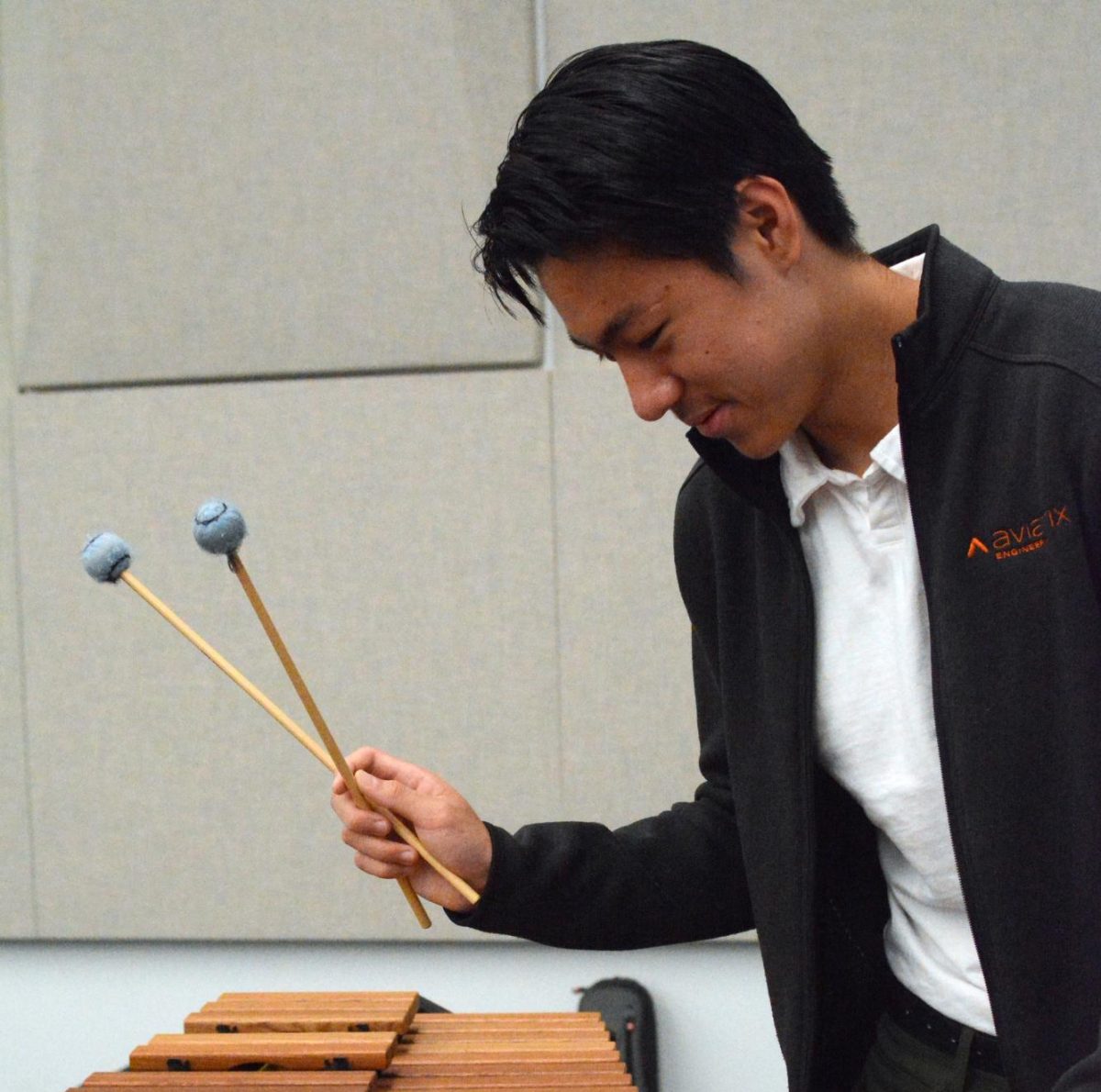
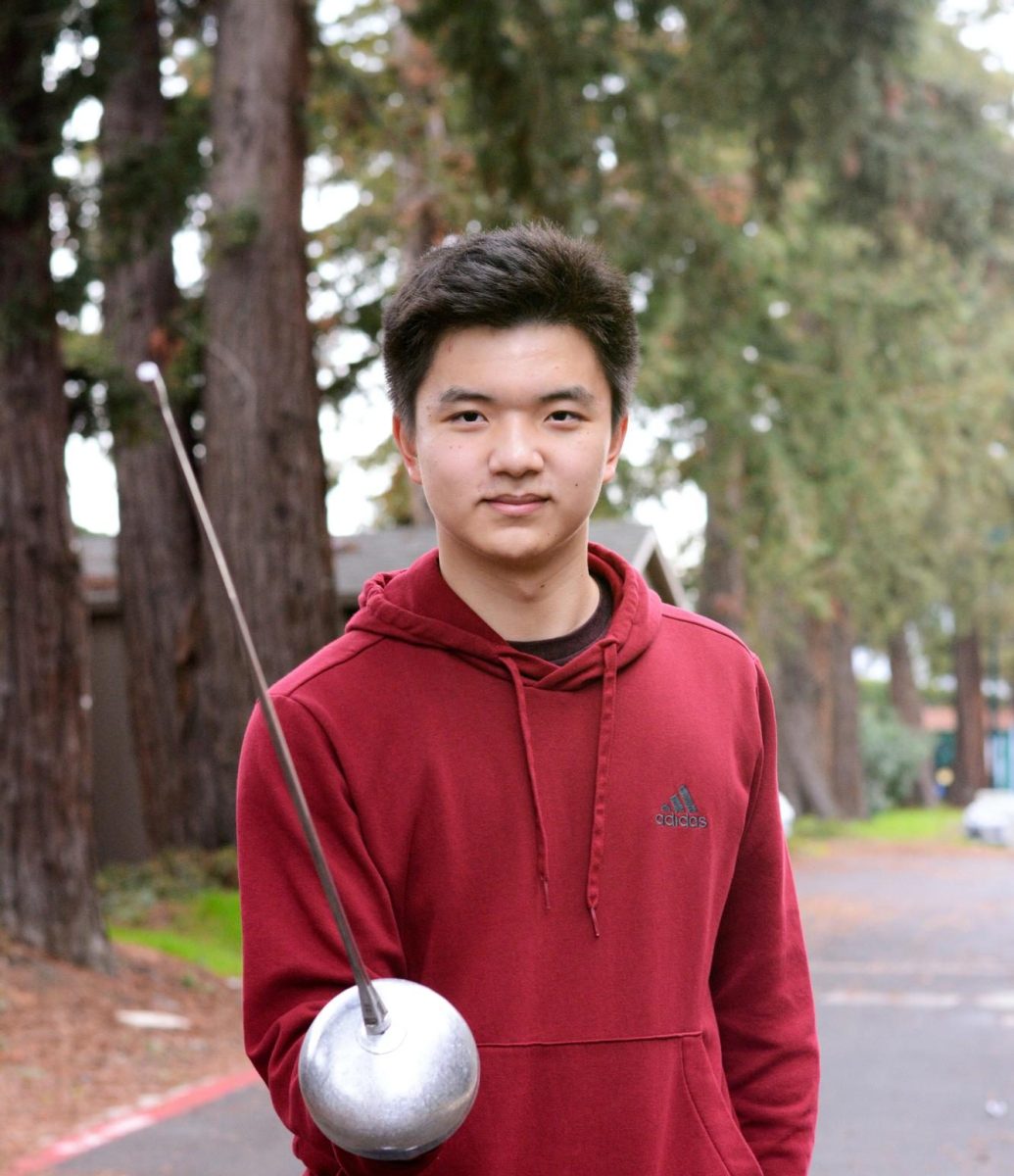











![“[Building nerf blasters] became this outlet of creativity for me that hasnt been matched by anything else. The process [of] making a build complete to your desire is such a painstakingly difficult process, but Ive had to learn from [the skills needed from] soldering to proper painting. Theres so many different options for everything, if you think about it, it exists. The best part is [that] if it doesnt exist, you can build it yourself, Ishaan Parate said.](https://harkeraquila.com/wp-content/uploads/2022/08/DSC_8149-900x604.jpg)


![“Animation just clicked in a way. I had been interested in art, but that felt different. [Animation] felt like it had something behind it, whereas previous things felt surface level. I wasnt making that crazy of things, but just the process of doing it was much more enjoyable, Carter Chadwick (22) said.](https://harkeraquila.com/wp-content/uploads/2022/08/Screen-Shot-2022-08-16-at-9.44.08-AM-900x598.png)


![“When I came into high school, I was ready to be a follower. But DECA was a game changer for me. It helped me overcome my fear of public speaking, and its played such a major role in who Ive become today. To be able to successfully lead a chapter of 150 students, an officer team and be one of the upperclassmen I once really admired is something Im [really] proud of,” Anvitha Tummala (21) said.](https://harkeraquila.com/wp-content/uploads/2021/07/Screen-Shot-2021-07-25-at-9.50.05-AM-900x594.png)



![“[Volleyball has] taught me how to fall correctly, and another thing it taught is that you don’t have to be the best at something to be good at it. If you just hit the ball in a smart way, then it still scores points and you’re good at it. You could be a background player and still make a much bigger impact on the team than you would think,” Anya Gert (’20) said.](https://harkeraquila.com/wp-content/uploads/2020/06/AnnaGert_JinTuan_HoHPhotoEdited-600x900.jpeg)

![“Im not nearly there yet, but [my confidence has] definitely been getting better since I was pretty shy and timid coming into Harker my freshman year. I know that theres a lot of people that are really confident in what they do, and I really admire them. Everyones so driven and that has really pushed me to kind of try to find my own place in high school and be more confident,” Alyssa Huang (’20) said.](https://harkeraquila.com/wp-content/uploads/2020/06/AlyssaHuang_EmilyChen_HoHPhoto-900x749.jpeg)













![“My slogan is ‘slow feet, don’t eat, and I’m hungry.’ You need to run fast to get where you are–you arent going to get those championships if you arent fast,” Angel Cervantes (12) said. “I want to do well in school on my tests and in track and win championships for my team. I live by that, [and] I can do that anywhere: in the classroom or on the field.”](https://harkeraquila.com/wp-content/uploads/2018/06/DSC5146-900x601.jpg)

![“I think getting up in the morning and having a sense of purpose [is exciting]. I think without a certain amount of drive, life is kind of obsolete and mundane, and I think having that every single day is what makes each day unique and kind of makes life exciting,” Neymika Jain (12) said.](https://harkeraquila.com/wp-content/uploads/2017/06/Screen-Shot-2017-06-03-at-4.54.16-PM.png)







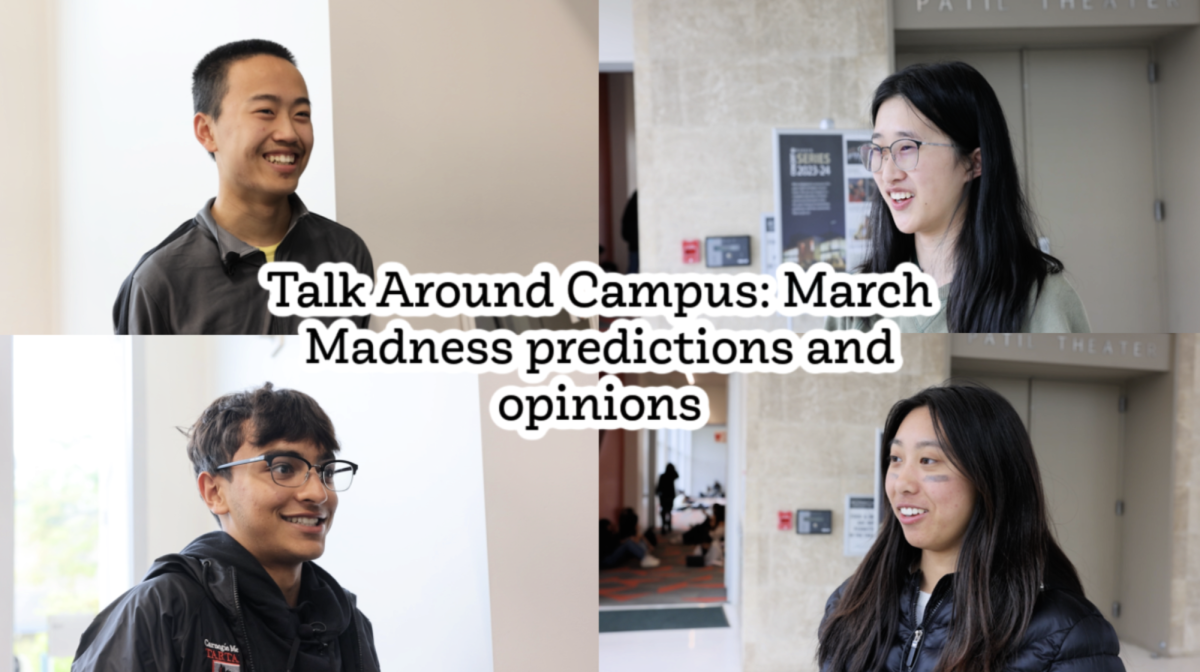
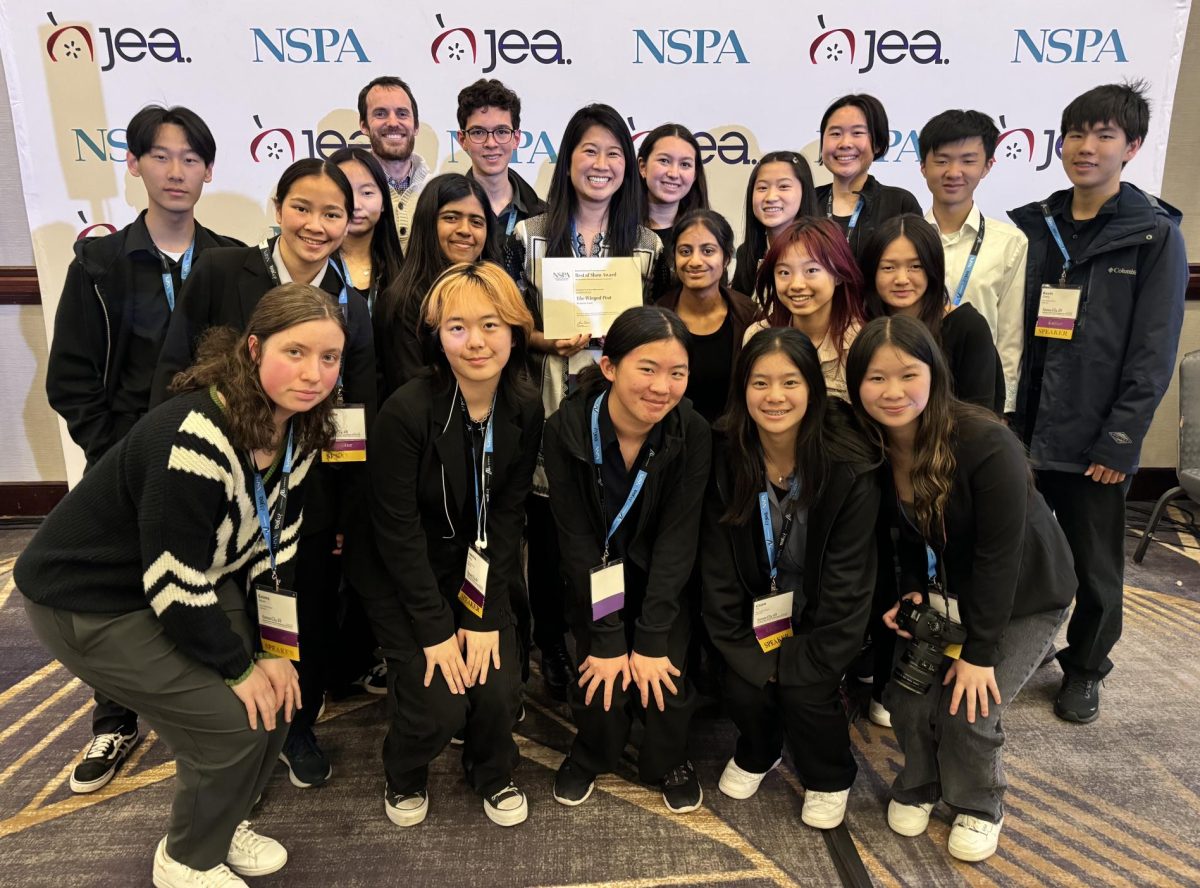


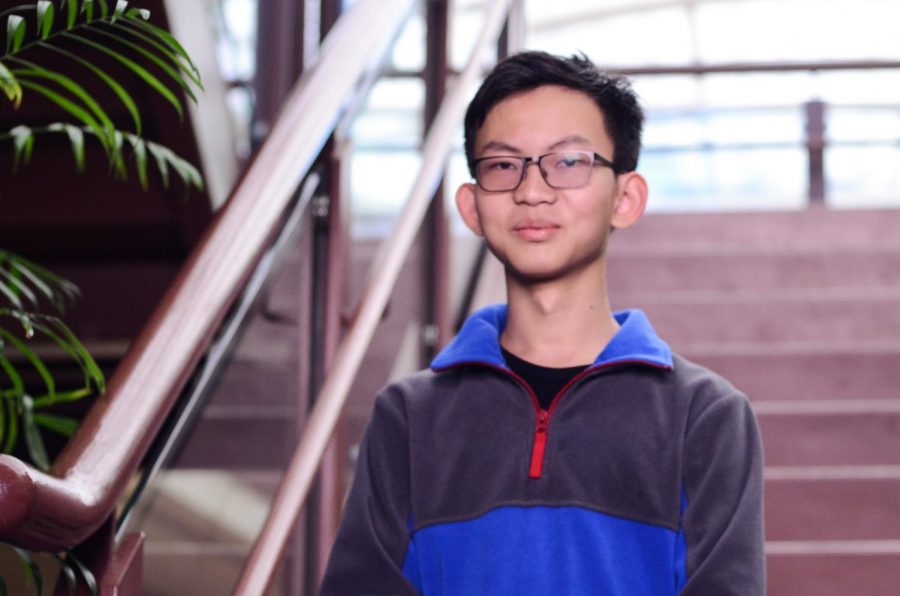

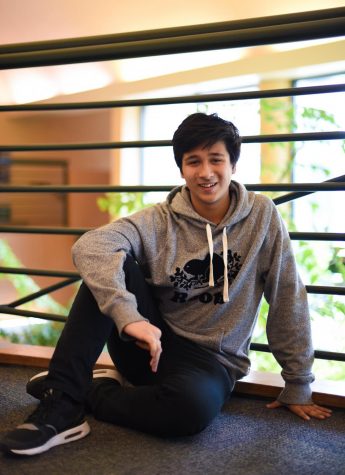
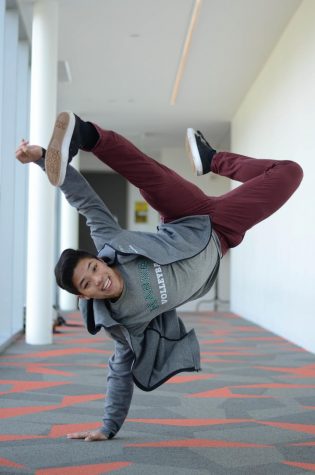
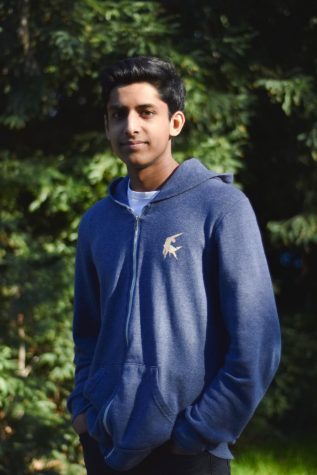



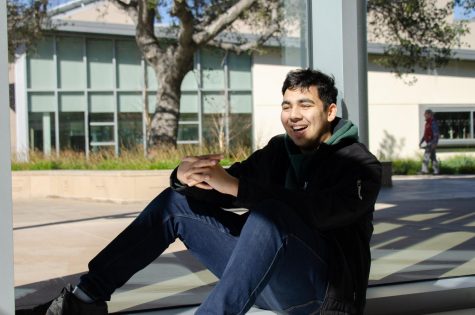

Diana Moss • Mar 25, 2019 at 7:54 pm
Johnny Wang! A Chinese spy? No way! He IS going to change the world for the better!